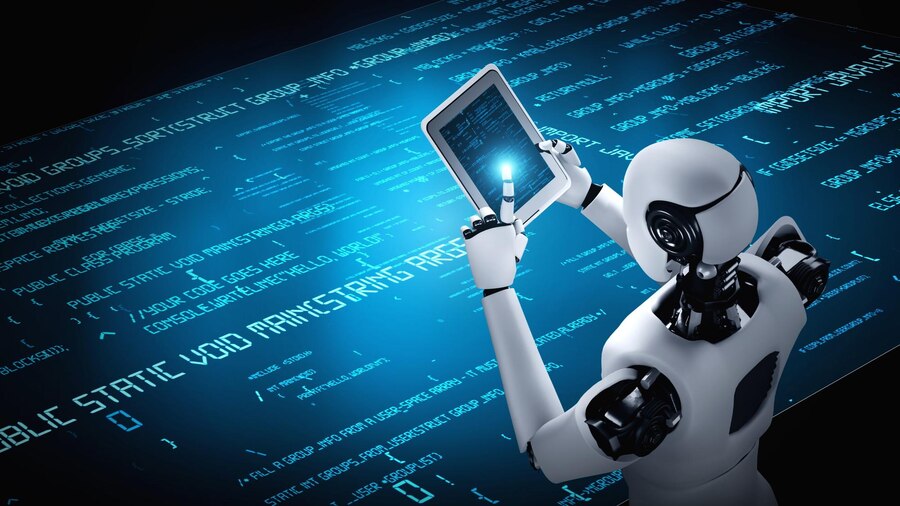The landscape of software testing is evolving rapidly, and at the forefront of this transformation is AI-based quality engineering. By harnessing the power of artificial intelligence, this innovative approach is reshaping how organizations achieve software excellence. As the demand for faster, more reliable software solutions grows, understanding the profound impact of AI in this domain becomes essential.

The Rise of AI in Software Testing
With the ever-increasing complexity of software systems, traditional testing methods often fall short. AI-based quality engineering offers a solution by automating and enhancing various stages of the testing lifecycle. But what exactly does this entail?
Automation of Repetitive Tasks
One of the primary benefits of AI in quality engineering is the automation of repetitive tasks. By employing intelligent algorithms, AI can execute test cases, analyze outcomes, and even predict potential defects, significantly reducing the burden on human testers.
Enhancing Test Coverage
AI-driven tools can explore vast codebases, identifying areas that require testing and ensuring comprehensive coverage. This capability not only speeds up the testing process but also enhances the quality of the final product.
Key Features of AI-based Quality Engineering
Self-learning Algorithms
AI-based tools utilize self-learning algorithms that continuously improve over time. By analyzing past test results, these algorithms can refine their testing strategies, leading to more accurate and efficient outcomes.
Predictive Analytics
Predictive analytics is a game-changer in quality engineering. By analyzing historical data, AI can forecast potential defects, allowing teams to address issues proactively.
How AI is Transforming the QA Industry
Reduced Time-to-Market
AI accelerates the testing process, enabling faster release cycles. This speed not only benefits businesses but also enhances customer satisfaction by delivering timely updates and features.
Improved Accuracy
Human error is an inherent risk in manual testing. AI mitigates this by executing tests with precision and consistency, ensuring that no detail is overlooked.
Challenges and Considerations
Integration with Existing Systems
Integrating AI-based solutions into existing workflows can be challenging. It’s crucial to ensure compatibility and seamless operation to maximize the benefits of AI.
Data Privacy Concerns
AI systems often rely on large datasets, raising concerns about data privacy and security. Organizations must implement robust measures to protect sensitive information.
Future of AI-based Quality Engineering
Continuous Evolution
The field of AI is continually evolving. As new technologies emerge, AI-based quality engineering will adapt, offering even more advanced solutions for software testing.
Integration with Other Technologies
The future will see AI-based quality engineering integrating with other cutting-edge technologies, such as blockchain and IoT, further enhancing its capabilities.
Conclusion
In conclusion, AI-based quality engineering is revolutionizing the world of software testing. With its ability to automate tasks, enhance accuracy, and predict potential issues, AI is a valuable ally in the quest for software excellence. As the technology continues to evolve, its impact on the QA industry will only grow, paving the way for a future where quality and efficiency go hand in hand.

FAQs
What is AI-based quality engineering?
AI-based quality engineering involves using artificial intelligence to enhance and automate the software testing process, improving accuracy and efficiency.
How does AI improve software testing?
AI improves software testing by automating repetitive tasks, predicting potential defects, and enhancing test coverage, leading to faster, more accurate results.
What are the challenges of implementing AI in testing?
Challenges include integrating AI with existing systems, ensuring data privacy, and managing the transition from traditional testing methods.
For more insights, visit this AI testing tools article or explore AI testing for further information.
For more on AI in testing, explore AI in Test Scheduling and AI for Code Review for deeper insights.
This article contains affiliate links. We may earn a commission at no extra cost to you.

